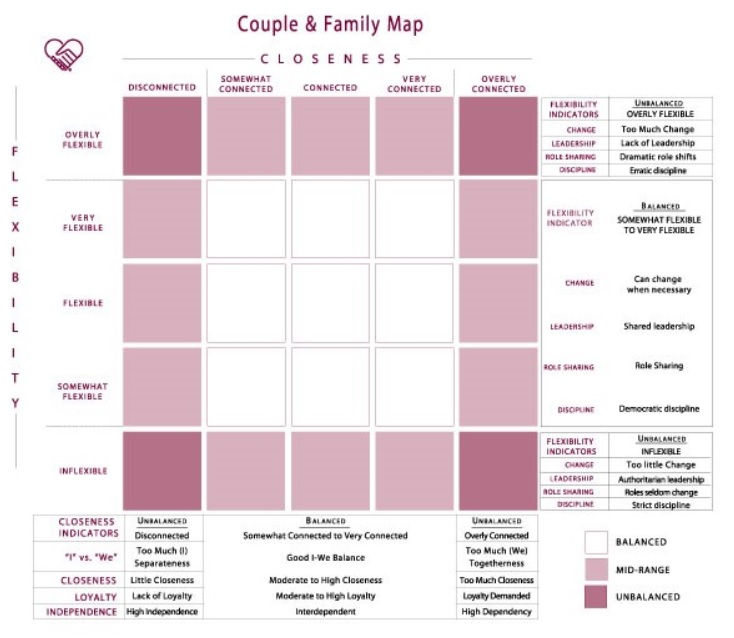Addressing Our Inner Child
- rogerlinpsyd
- Sep 3, 2024
- 3 min read
Our inner child is the part of us that carries the memories, emotions, and experiences from our early years. This inner child can influence how we perceive ourselves, relate to others, and navigate the world around us. When these aspects of ourselves are wounded or neglected, they can manifest as emotional struggles, relationship difficulties, and patterns of behavior that hinder our well-being. Therapy provides a nurturing space to heal and integrate our inner child, fostering greater self-awareness, resilience, and emotional freedom.
Understanding the Inner Child
Our inner child represents the vulnerable, authentic self we were in childhood—a time when we were more open, imaginative, and emotionally expressive. As we grow older, experiences of neglect, trauma, or invalidation can cause our inner child to retreat or become wounded. These unresolved emotions and beliefs may continue to impact our adult lives, influencing how we perceive ourselves, handle stress, and form relationships.
Interventions to Heal the Inner Child
1. Inner Child Work: Inner child therapy involves revisiting past experiences through guided visualization, role-playing, or journaling to connect with and nurture the wounded aspects of ourselves. Therapists create a safe environment for clients to explore and express their emotions, allowing healing and integration to occur gradually.
2. Reparenting Techniques: Reparenting involves providing the nurturing, supportive care that may have been lacking in childhood. Therapists guide clients in developing self-compassion, self-soothing techniques, and healthy boundaries to meet the emotional needs of their inner child.
3. Emotional Expression: Therapy encourages individuals to express suppressed emotions and validate their inner child’s experiences. Through techniques such as art therapy, writing, or mindfulness practices, clients can safely explore and release pent-up feelings, fostering emotional catharsis and healing.
4. Cognitive Restructuring: Addressing negative beliefs and thought patterns that originated in childhood is crucial. Therapists help clients identify and challenge these ingrained beliefs, replacing them with more adaptive and empowering perspectives that support emotional growth and self-compassion.
5. Integration with Adult Self: Therapy aims to integrate the healed aspects of the inner child with the adult self. This process involves acknowledging the strengths and resilience developed through childhood experiences, fostering a sense of wholeness and self-acceptance.
Benefits of Healing the Inner Child
Emotional Resilience: Addressing and healing the inner child enhances emotional resilience and coping skills, allowing individuals to navigate life’s challenges with greater ease and authenticity.
Improved Relationships: Healing wounds from childhood can lead to healthier relationships, as individuals develop a deeper understanding of their own needs and emotions, fostering empathy and connection with others.
Self-Compassion: By nurturing their inner child, individuals cultivate self-compassion and acceptance, reducing self-criticism and promoting a positive self-image.
Personal Growth: Therapy interventions empower individuals to break free from past limitations and embrace personal growth, fulfilling their potential and leading more fulfilling lives.
By acknowledging and nurturing the vulnerable aspects of ourselves, we can heal past wounds, cultivate emotional resilience, and foster greater authenticity in our lives. Through guided exploration, emotional expression, and integration with our adult selves, therapy empowers us to reclaim our inner child’s voice and embrace the full spectrum of our emotional experiences. As we embark on this transformative path, we not only heal ourselves but also pave the way for deeper connections, enhanced well-being, and a more fulfilling journey toward personal growth and self-compassion.
Embracing our inner child isn’t just about healing past hurts; it’s about reclaiming our inherent joy, creativity, and resilience—a journey that empowers us with courage and compassion.

Comments